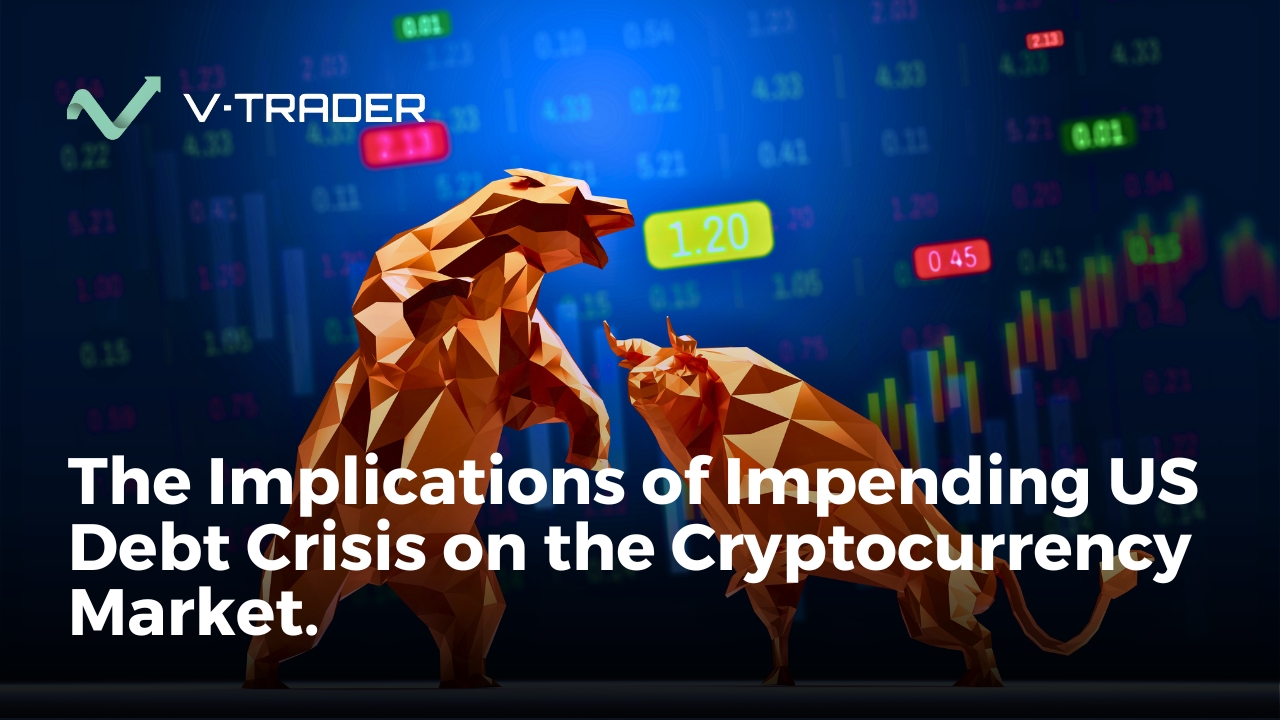Tesla CEO Elon Musk has sharply criticized The Wall Street Journal (WSJ), characterizing the publication’s recent report as “an EXTREMELY BAD BREACH OF ETHICS.” The report, released on April 30, alleged that Tesla’s board was actively seeking a replacement for Musk as CEO, citing his political activities and divided attention across his various ventures as primary concerns. Musk, taking to the platform X, refuted the claims, asserting that the WSJ had deliberately omitted an “unequivocal denial” from Tesla’s board. Accompanying Musk’s rebuttal, Tesla board chair Robyn Denholm also issued a statement on Tesla’s official X account, strongly denying the report’s assertions.
Musk and the Board’s Unyielding Stance
The report’s timing is particularly noteworthy as it comes amid heightened scrutiny of Musk’s political engagements, notably his advisory role in former President Donald Trump’s Department of Government Efficiency (DOGE). Critics suggest that Musk’s political associations have negatively impacted Tesla’s brand perception, especially in global markets. Furthermore, Tesla’s financial performance has recently raised eyebrows, with a 71% drop in first-quarter profit and a significant market value decline exceeding $800 billion since the year’s inception.
Denholm’s rebuttal was unequivocal. “This is absolutely false,” she declared, reaffirming the board’s confidence in Musk’s leadership and the company’s future growth plans. Despite the turbulence, Tesla’s first-quarter revenues reached $19.34 billion, albeit falling short of Wall Street’s projections by 7.85% and marking a 9.2% year-over-year decline.
The Broader Crypto Community Weighs In
Musk’s denouncement of the WSJ adds fuel to a broader debate within the crypto community concerning the publication’s perceived bias. Notably, Binance’s former CEO Changpeng Zhao recently rebuffed a WSJ article that insinuated his cooperation in a legal matter against Tron founder Justin Sun. Zhao, in a pointed response, suggested ulterior motives behind the WSJ’s coverage. “People who become gov witnesses don’t go to prison. They are protected. I heard someone paid WSJ employees to smear me,” Zhao commented, underscoring a sentiment shared by others in the industry.
In March 2023, Tether also contested a WSJ article alleging the use of fraudulent documents and shell companies to secure banking access. Tether’s response labeled the claims as “stale” and “misleading,” further fueling the narrative of the WSJ’s contentious relationship with the digital asset space.
Looking Ahead Amidst Uncertainty
While the debate over the WSJ’s reporting practices continues, Musk’s strategic decisions remain under scrutiny. His agreement to devote more time to Tesla, in light of shareholder pressure, indicates a potential shift in his focus. Reports suggest that Musk has scaled back his physical presence in Washington, opting to advise DOGE remotely.
The ripple effects of these developments raise questions about Tesla’s trajectory and Musk’s evolving role within the company. As the market navigates these turbulent waters, stakeholders remain watchful, pondering the long-term implications of Musk’s political entanglements and the broader industry’s response to media portrayals.
In a world where narratives shape markets and perceptions, the interplay between media, corporate leadership, and financial performance continues to captivate observers, leaving open-ended questions about the future landscape of Tesla and the crypto industry at large.
Source
This article is based on: ‘Bad breach of ethics’ — Musk echoes crypto execs in backlash against WSJ

Steve Gregory is a lawyer in the United States who specializes in licensing for cryptocurrency companies and products. Steve began his career as an attorney in 2015 but made the switch to working in cryptocurrency full time shortly after joining the original team at Gemini Trust Company, an early cryptocurrency exchange based in New York City. Steve then joined CEX.io and was able to launch their regulated US-based cryptocurrency. Steve then went on to become the CEO at currency.com when he ran for four years and was able to lead currency.com to being fully acquired in 2025.

